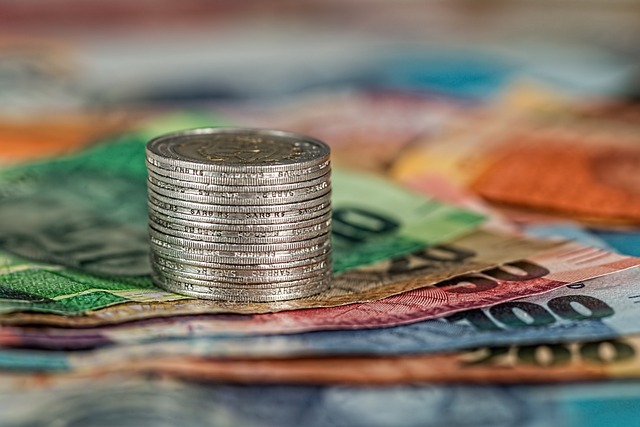Vietnam’s financial markets have been gaining serious traction lately, and CFD trading (Contracts for Differences) has become a hot topic among traders. But while Vietnam’s own economy is booming, the country’s CFD market doesn’t exist in a bubble. It’s influenced by a host of regional factors, from cultural events to geopolitical tensions. For traders looking to make the most of the Vietnamese market, understanding these outside influences can make all the difference. Let’s take a closer look at how regional shifts impact Vietnam’s CFD market and what traders can do to stay ahead.
Cultural Factors: More Than Just Holidays

Vietnam shares a lot of cultural similarities with its Southeast Asian neighbors, and these cultural factors can have surprising impacts on the CFD market. For example, major holidays like Lunar New Year aren’t just big celebrations—they can also lead to a slowdown in trading volumes. Market liquidity might dip as people take time off, meaning fewer trades and potential price fluctuations.
Understanding these cultural nuances is essential for CFD trading in Vietnam. Traders who recognize the rhythms of the local market, with its ebbs and flows around important cultural events, can better predict when to be cautious and when to take advantage of trading opportunities. A broker who understands these dynamics can also provide valuable insights, helping you navigate the market during these key times.
Technology’s Role
Southeast Asia is experiencing a fintech boom, with countries like Singapore and Malaysia leading the charge. This technological innovation is spilling over into Vietnam, and it’s reshaping the CFD trading landscape. Traders in Vietnam are starting to adopt cutting-edge platforms and tools that are popular across the region. These tools offer real-time analytics, advanced algorithms, and more, allowing traders to make smarter, quicker decisions.
For Vietnamese traders, keeping up with these tech trends can be a game changer. A good broker can connect you to the latest platforms and help you leverage technology to enhance your trading strategies. Whether it’s integrating AI-driven tools or using mobile trading apps, tech-savvy traders will have a definite edge in Vietnam’s evolving CFD market.
Geopolitical Tensions and Market Volatility
Geopolitical factors are another major influence on the Vietnamese CFD market. Issues like territorial disputes or regional trade agreements can send ripples through the financial system. For example, tensions in the South China Sea could affect global oil prices, which in turn would impact CFD trades involving commodities. In these situations, being aware of the broader geopolitical landscape is crucial for making informed trading decisions.
When such events occur, the market can become more volatile, offering both risks and opportunities. Traders who are plugged into global and regional news can better anticipate how these developments might affect their CFD positions. Partnering with a broker who has a deep understanding of regional geopolitics can also help you stay ahead of the curve.
Environmental Shifts Affecting Commodities
Vietnam is part of a region that faces unique environmental challenges, from frequent floods to climate change. These environmental factors can directly impact the country’s CFD market, especially when it comes to trading commodities like agricultural products or energy resources. A severe weather event in one part of Southeast Asia can lead to supply shortages or disruptions, affecting prices and market conditions for CFDs tied to these assets.
Staying informed about environmental trends, and understanding how they might influence the markets, is key for successful CFD trading in Vietnam. Again, a knowledgeable broker can provide crucial guidance on how to navigate these shifts and make the right trading moves.
Regional Financial Education and Regulatory Changes
Vietnam’s CFD market is also shaped by broader trends in financial literacy across Southeast Asia. As countries like Singapore and Malaysia ramp up their efforts to educate the public on financial instruments, Vietnamese traders are becoming more knowledgeable and savvy. This new wave of educated traders is introducing fresh strategies and changing the way the market behaves.


